In an era marked by rapid technological advancements and global economic shifts, the topic of income inequality and its impact on modern society has gained significant attention. This article delves into the multifaceted nature of this issue, exploring how income inequality intertwines with wealth inequality, technology, economic growth, and other societal aspects. We will examine income inequality from a sociological perspective, its implications on homelessness and poverty, and how it is shaped by and contributes to capitalism and inequality in modern society.
Understanding Income Inequality
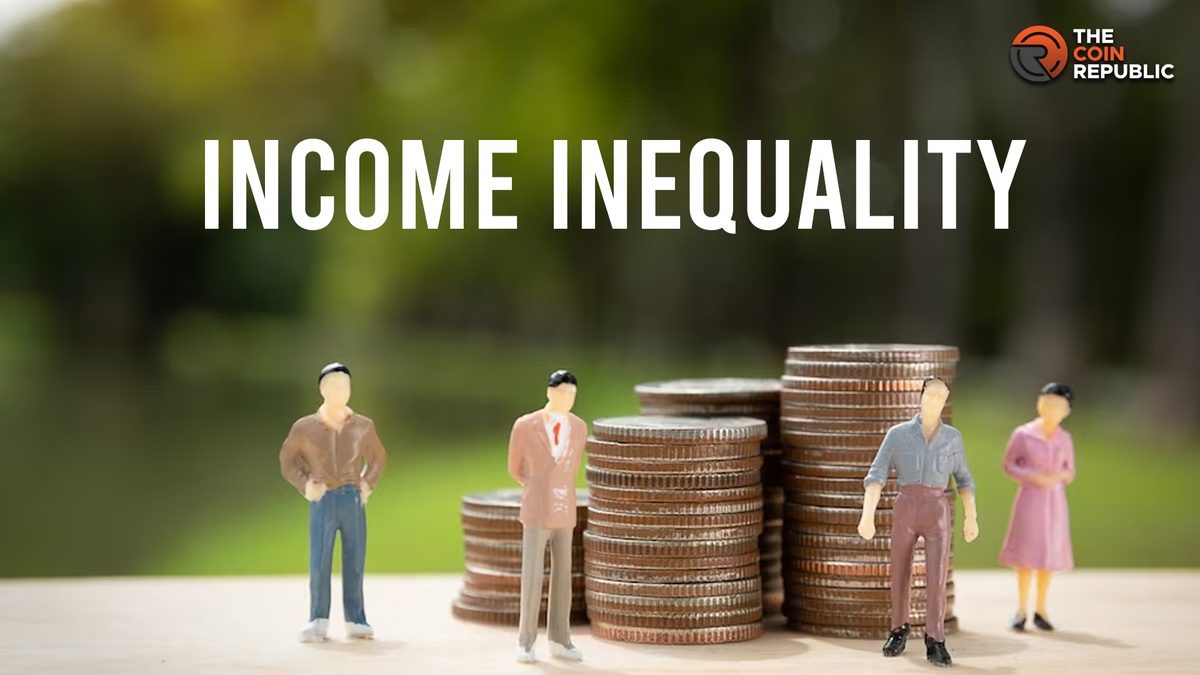
Income inequality refers to the unequal distribution of income among different groups within a society. It’s not just about the rich and the poor; it’s about the disparities in access to opportunities and resources that can lead to a wide chasm between different segments of the population.
Historical Context
Income inequality is not a new phenomenon. It has been a part of human societies for centuries, but its nature has evolved. In the past, income disparities were often linked to factors like birthright and social class. Today, however, income inequality and technology have become increasingly intertwined, with the digital revolution creating new forms of wealth and employment.
Income Inequality and Wealth Inequality
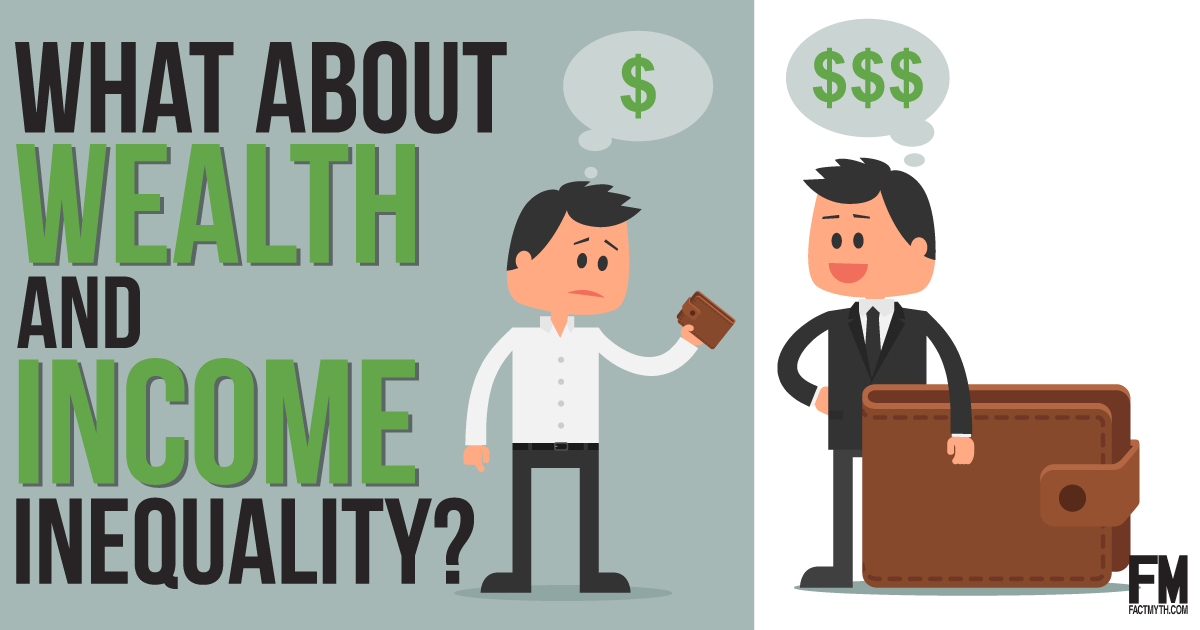
It’s important to distinguish between income inequality and wealth inequality. While income refers to the money received, typically from work or investments, wealth includes assets like property, stocks, and bonds. The wealth gap can often be much wider than the income gap, leading to a more entrenched form of inequality.
The Sociological Perspective
From a sociological perspective, income inequality is not just a financial issue but a complex social problem that affects various aspects of life.
Income Inequality Sociology
Income inequality sociology examines how disparities in income affect individual behavior, societal norms, and the overall social structure. It looks at how factors like education, race, and gender intersect with income levels to create layers of inequality.
Impact on Society
Income Inequality and Economic Growth
The relationship between income inequality and economic growth is complex. Some argue that a certain level of inequality can stimulate growth by providing incentives for innovation and investment. However, extreme disparities can lead to economic instability and reduce the overall quality of life for the majority of the population.
Income Inequality and Homelessness

One of the most visible consequences of income inequality is homelessness. As housing costs outpace income growth for many, an increasing number of people find themselves unable to afford stable housing.
Inequality in Modern Society
Inequality in modern society takes many forms, from access to education and healthcare to differences in political influence and social recognition. Income inequality often exacerbates these disparities, creating a cycle of disadvantage that is hard to break.
The Role of Capitalism

Income inequality and capitalism are often discussed together. Capitalism, as an economic system, inherently produces winners and losers. While it has been successful in generating wealth, it has also been criticized for widening the income gap.
Addressing Income Inequality
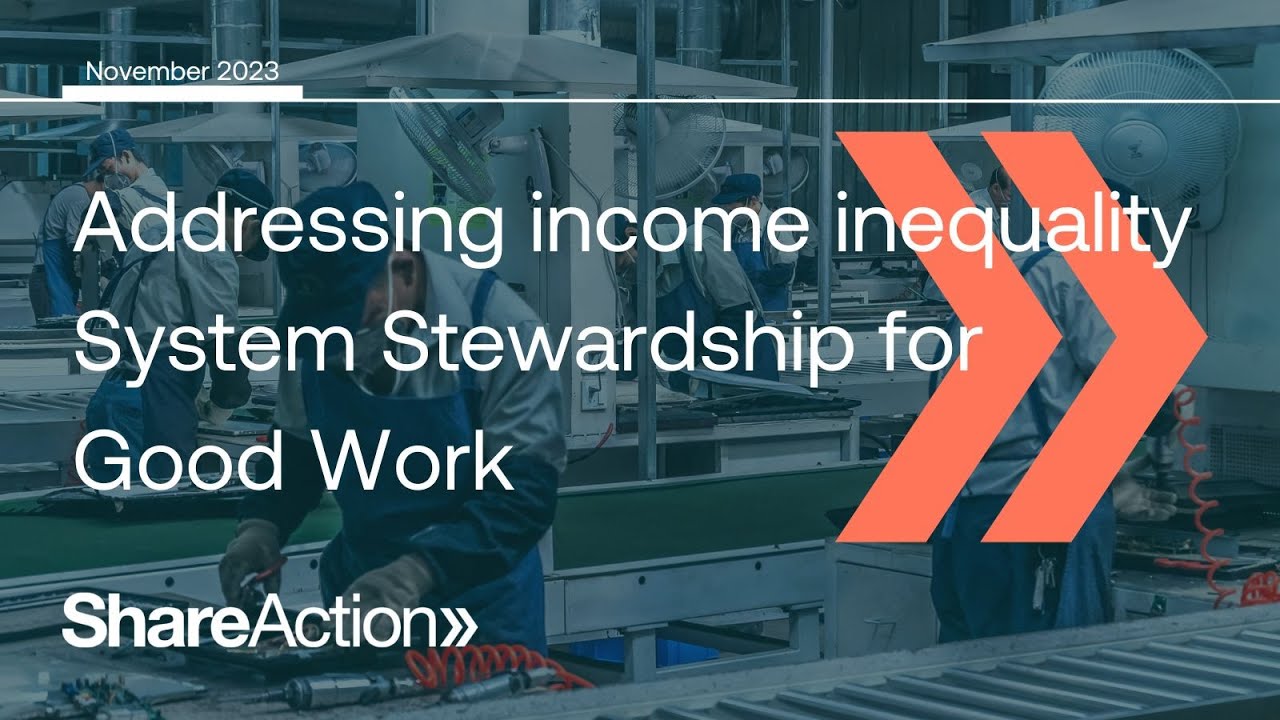
So, what are the problems of income inequality, and how can they be addressed? The solutions are as complex as the issue itself. They include policy changes, such as tax reforms and minimum wage increases, as well as broader shifts in societal values and priorities.
For further insights and perspectives on this topic, exploring a range of academic and policy-oriented resources can be immensely beneficial. Engaging with income inequality essays and scholarly articles can provide a deeper understanding of the historical context, current trends, and potential future implications of this pervasive issue.
The Future Landscape
Looking ahead, the future landscape of income inequality is likely to be shaped by several key factors:
Technological Advancements
Income inequality and technology are increasingly intertwined. Technological progress can lead to job displacement, particularly for low-skilled workers, exacerbating income disparities. However, technology also offers opportunities for new kinds of employment and wealth creation.
Globalization
The global economic landscape plays a significant role in income distribution. While globalization has lifted many out of poverty, it has also contributed to job losses and wage stagnation in certain sectors, deepening income disparities.
Policy Interventions
Effective policy interventions are crucial in addressing income inequality. This includes taxation policies, minimum wage laws, and social welfare programs designed to redistribute wealth and provide safety nets for the disadvantaged.
Societal Attitudes
A shift in societal attitudes towards wealth and success could also impact income inequality. Encouraging values such as inclusivity, equity, and social responsibility can lead to a more balanced distribution of income.
Income Inequality: A Call to Action
The issue of income inequality presents a challenge and a call to action for governments, businesses, and individuals alike. It’s about finding the balance between rewarding hard work and innovation, and ensuring that everyone has access to the necessities and opportunities for a dignified life.
For Governments
Policymakers must focus on creating and implementing policies that not only address the symptoms of income inequality but also tackle its root causes, such as education disparities and lack of access to healthcare.
For Businesses
Corporate responsibility is key. Businesses can contribute by ensuring fair wages, supporting community initiatives, and practicing ethical governance.
For Individuals
Every individual has a role to play. This can range from being informed and engaged citizens to making conscious consumer choices that support equitable business practices.
As we delve deeper into the journey of addressing income inequality, it becomes evident that this issue is not just a matter of economics, but a cornerstone for building a healthy, vibrant, and sustainable society. Here are some further areas to explore and actions that can be taken to mitigate income inequality.
Educational Reforms
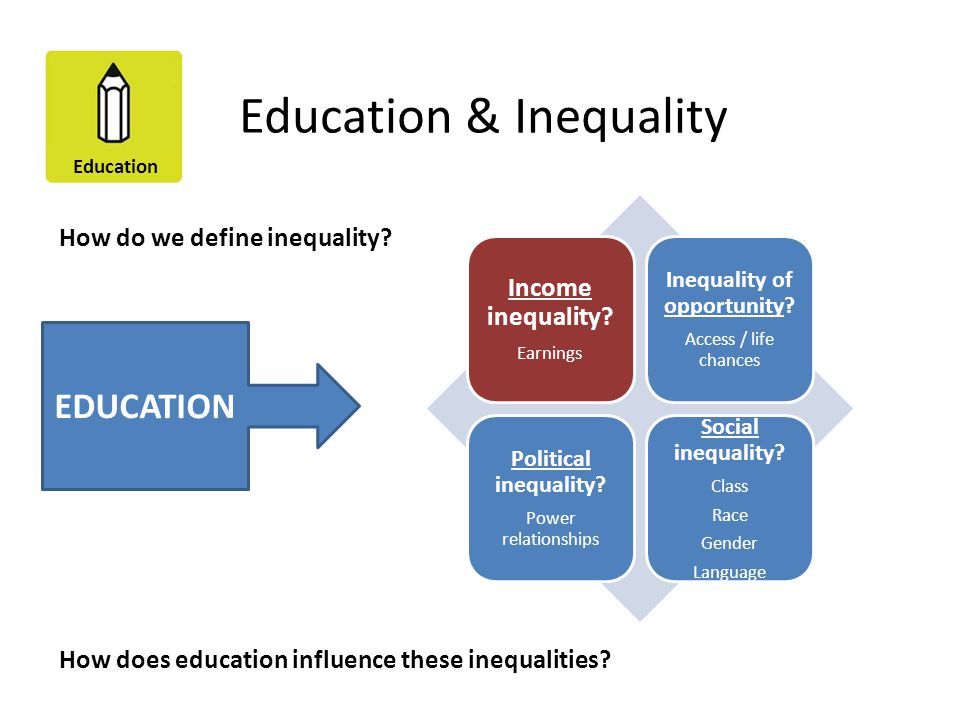
Education is a powerful tool in leveling the playing field. Ensuring access to quality education for all, regardless of economic background, is essential. This means investing in public education, supporting after-school programs, and making higher education more accessible and affordable.
The Role of Technology in Education
In the context of income inequality and technology, the digital divide must be bridged in education. Providing access to digital tools and resources can open up vast opportunities for learning and skill development, crucial in a technology-driven world.
Healthcare Access

Healthcare is another critical area. Universal access to healthcare ensures that all members of society can maintain their health, which is fundamental to their ability to work and contribute to the economy.
Strengthening Social Safety Nets
Robust social safety nets are vital for cushioning the effects of economic downturns and helping individuals and families through tough times. This includes unemployment benefits, food assistance programs, and affordable housing initiatives.
Encouraging Entrepreneurship and Innovation

Fostering an environment that encourages entrepreneurship can lead to job creation and economic growth. Supporting small businesses and startups, particularly in underserved communities, can help reduce income inequality.
Promoting Fair Labor Practices

Ensuring fair labor practices is crucial. This includes advocating for a living wage, fair working hours, and safe working conditions. It also means supporting workers’ rights to organize and bargain collectively.
Global Cooperation
Income inequality is a global issue. International cooperation is needed to address factors like tax evasion, offshore banking, and unfair trade practices that can exacerbate income disparities.
Individual Responsibility and Community Engagement
On an individual level, everyone has a role to play. This can range from volunteering and community engagement to making ethical investment choices and advocating for change.
The Power of Advocacy
Advocacy plays a pivotal role. Raising awareness about income inequality and its impacts can lead to greater public pressure on policymakers and businesses to act responsibly and fairly.
Embracing Sustainable Development
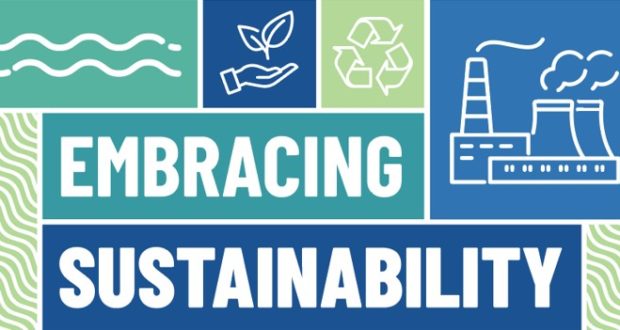
Sustainable development is a crucial component in addressing income inequality. It involves creating economic growth that is environmentally sustainable and socially inclusive. This means prioritizing long-term strategies over short-term gains and ensuring that economic development benefits everyone, not just a select few.
Integrating Environmental and Economic Policies
The intersection of environmental sustainability and economic policy can play a pivotal role in reducing income inequality. By investing in green technologies and sustainable industries, governments can create new job opportunities, especially in low-income communities that are often hit hardest by environmental issues.
Fostering a Culture of Inclusivity and Diversity
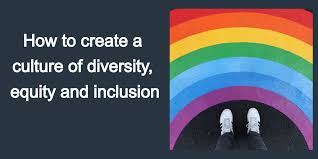
Inclusivity and diversity are more than just buzzwords; they are essential ingredients for a healthy society. Embracing diversity in all sectors of society, including the workplace, education, and government, can help ensure that all voices are heard and valued.
The Role of Media and Education
Media and education play a crucial role in shaping societal attitudes towards inclusivity. Promoting diverse voices and stories can help break down stereotypes and encourage empathy and understanding across different social and economic groups.
Leveraging Technology for Social Good
While technology has been a driver of income inequality, it also holds the potential to mitigate it. Digital platforms can provide access to educational resources, job opportunities, and financial services, especially for those in remote or underserved areas.
The Digital Divide
Bridging the digital divide is essential. This means not only providing access to the internet and digital devices but also ensuring that everyone has the skills and knowledge to use these tools effectively.
Encouraging Public-Private Partnerships
Collaboration between the public and private sectors can lead to innovative solutions to income inequality. By working together, governments and businesses can leverage their respective strengths and resources to create more impactful social programs and policies.
Rethinking Economic Success Metrics
Redefining what constitutes economic success is crucial. Moving beyond GDP as the sole measure of a country’s success and incorporating metrics like income distribution, health, and well-being can provide a more holistic view of a nation’s prosperity.
Conclusion
In conclusion, income inequality and its impact on modern society is a multifaceted issue that demands a multifaceted response. By understanding the various dimensions of income inequality, from its sociological impacts to its economic ramifications, and by engaging in informed discussions and actions, we can work towards creating a more equitable society.
As we navigate the complexities of this issue, it’s important to remember that income inequality is not just a statistic; it’s about real people and real lives. Addressing it effectively requires empathy, understanding, and a commitment to change. It’s a journey towards a future where everyone has the opportunity to reach their full potential, regardless of their economic starting point.
In this journey, every step counts. Whether it’s through policy reform, corporate responsibility, or individual action, each effort contributes to a more just and equitable world. Let us all be part of this transformative process.
